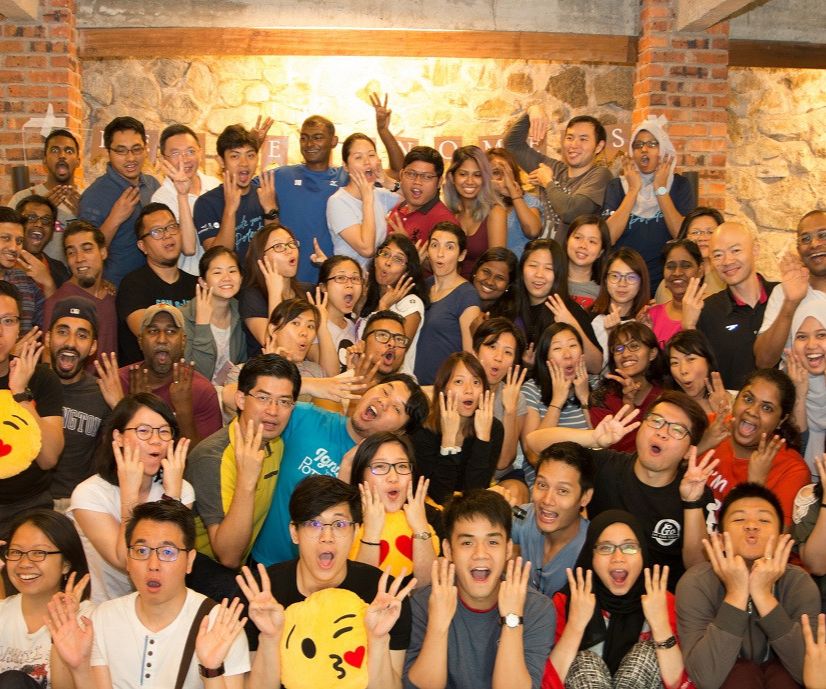Your Company Culture Lies In The Rules Of Belonging

The rules of belonging are based on the behaviours that increase a person’s status and acceptance in a particular group at a particular time. So the rules hide in the interpretation of behaviour, not in the behaviour itself.
Culture matters, perhaps now more than ever
According to McKinsey’s research of over 1,000 organisations employing more than three million people, those with strong cultures (top quartile according to their Organisational Health Inventory) post a return to shareholders that is 60 per cent higher than those who are at the median and 200 per cent more than those in the bottom quartile.
But even though we all know it matters, most leaders don’t know what organisational culture is or how it works.
Culture is one of the most widely discussed and widely misunderstood concepts in business today. As a result of the increasing focus from regulators and boards in the last few years, we have seen a whole lot of extra activity around it, most of which might look like it will have an impact, but very little of which will do anything more than make us look like we’re doing something.
Many confuse culture with employee engagement. Just to be crystal clear, measuring culture is measuring the system, measuring engagement is measuring our employees’ experience of that system. They are not the same thing. So if it’s not employee engagement, what is it then?
Read: How to Change a Toxic Culture
Culture is the rules of belonging
Culture is what happens beneath the level of individual behaviours and values. It hides in plain sight, if you know where to look, in the spaces between people – in the underlying patterns of ‘what it takes to earn belonging in this place’.
The rules of belonging are based on the behaviours that increase a person’s status and acceptance in a particular group at a particular time. So the rules hide in the interpretation of behaviour, not in the behaviour itself.
Once you start to actively look for the rules of belonging in the groups you’re part of, you will never be able to un-see them.
We can all identify the rules of belonging within a very short time of joining a new group. I spoke to someone prior to the pandemic who had just had her first meeting with an employee who had joined her organisation only five days before. She was telling me how shocked she was that the new employee was already able to describe the rules of belonging in their organisation to perfection. In five days.
But once we’ve been in a group for a while, we stop seeing any of this. If we don’t know we’re living in the matrix, we don’t see it. It becomes like that cartoon with the two fish in the fish-bowl. One asks the other “how’s the water?” and the second one says, “what’s water?”. When you’re in it, it’s almost impossible to see.
But once you start to actively look for the rules of belonging in the groups you’re part of, you will never be able to un-see them. It’s like looking at the matrix and seeing through the code to the constructs within it. Like the character from the movie watching the code drift down the screen and clearly seeing the woman with the red hair inside the patterns.
We humans are hard-wired for this stuff. For tens of thousands of years our brains have kept us alive by helping us quickly figure out how to adapt our behaviour to belong in the groups we join. And, of course, we’re especially motivated to use our evolutionary super-powers of observation when we join a new work tribe because a whole lot of our status, not to mention our livelihood, is at risk if we don’t quickly adapt to belong.It’s about self-protection.
Dr David Rock, co-founder of the NeuroLeadership Institute, stated in a recent blog “… a sense of decreasing status can feel like your life is in danger.”
We behave our way due to a need for belonging. If you want to change the culture, you need to change the rules of belonging. After all, a strategy without the culture to execute it is just a piece of paper.
See Also: Why We Need To Do Yearly Employee Assessments
Functional
Tags: HR





